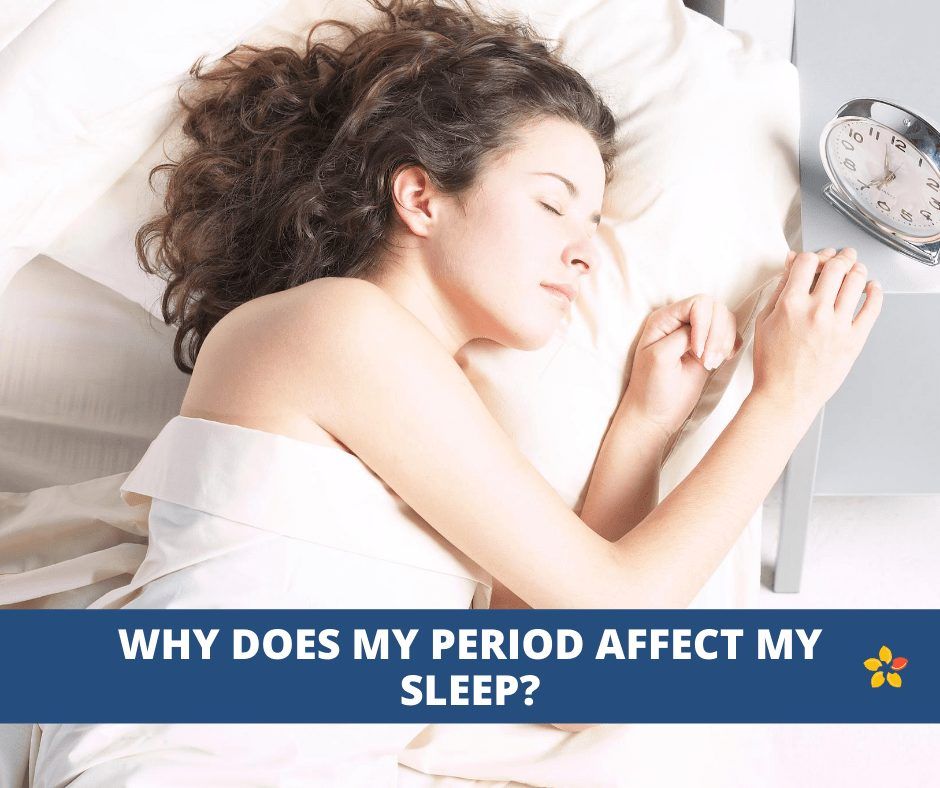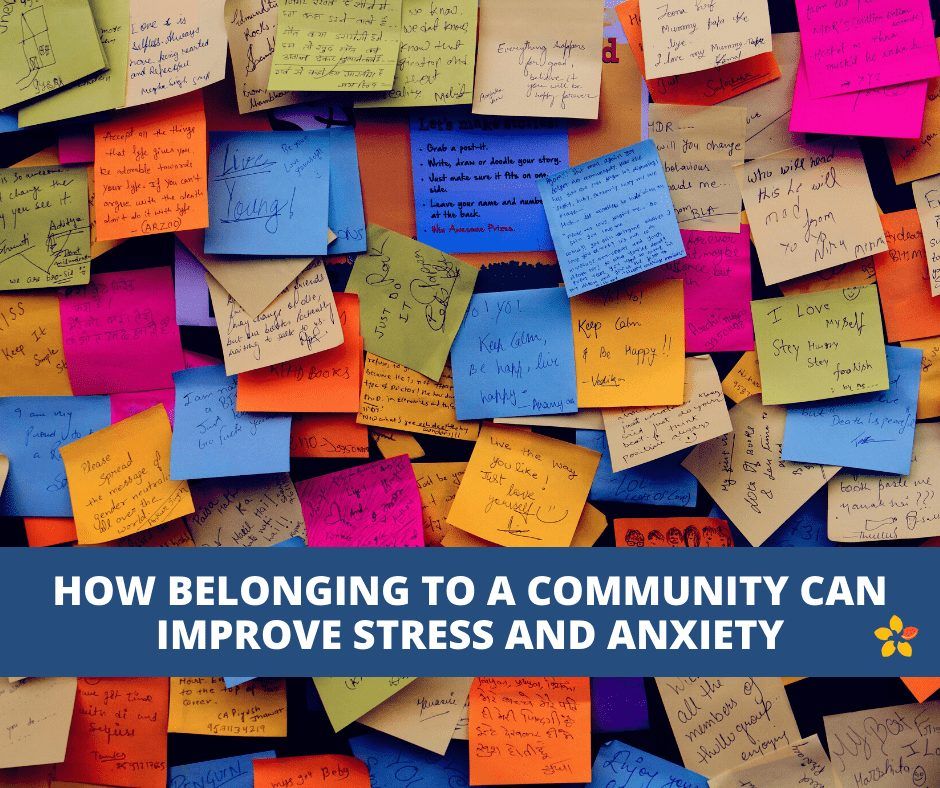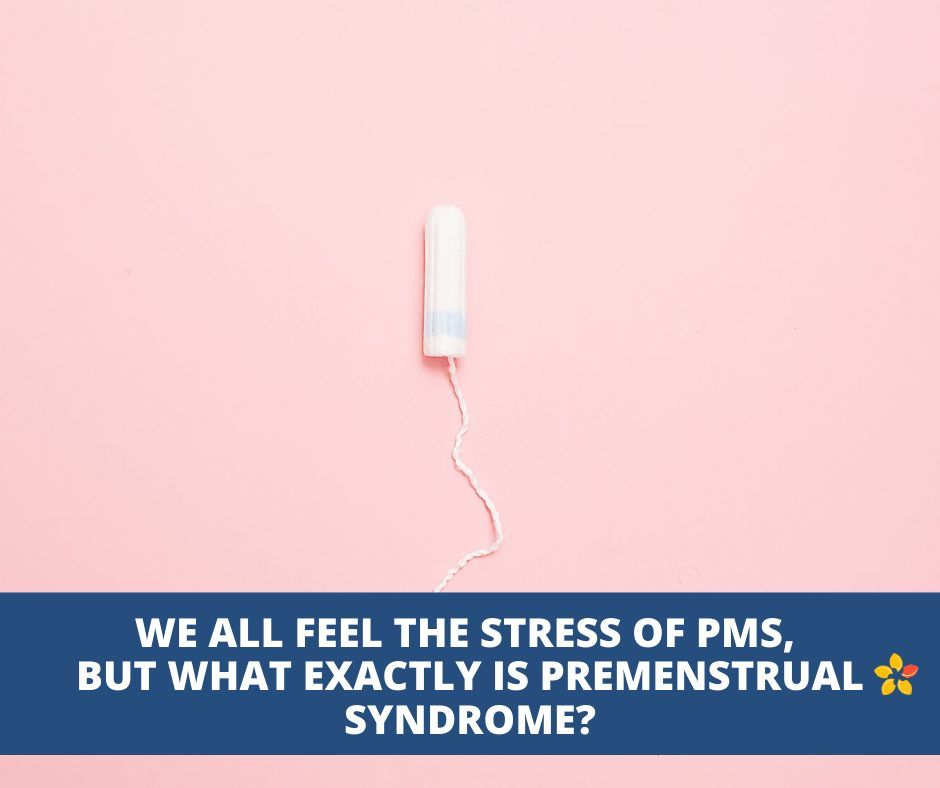PMS Research Library
How it works
Outsmart Your PMS
We believe that understanding how your body affects your mind at different times of the month is a crucial first step in relieving PMS and taking back control of your life.
At Jubilance, we are committed to empowering you with the scientific tools you need to understand how your biology impacts your emotions so you have the tools necessary to feel your best all month long.
That’s why we ensured Jubilance passed the rigor of multiple gold-standard clinical trials with double-blinded placebo-controls and rigorous peer-review. Read the details of the landmark clinical trials of Jubilance for PMS.
Below you’ll find an ever-growing scientific research library of the latest PMS research, free from gatekeepers, so you can find out for yourself what the science has to say about how to take back control of your physical and emotional health.
Are you a scientist with a study you think will be helpful to the Jubilance Sisterhood? Email us at hello@jubilance.com so we can add it to the library.
Browse the PMS Research Library
Biopsychosocial etiology of premenstrual syndrome: A narrative review
Premenstrual syndrome (PMS) is one of the most prevalent disorders at reproductive age and has a negative impact on emotions and performance of women…
Premenstrual syndrome (PMS) is characterized by a cluster of psychological and somatic symptoms during the late luteal phase of the menstrual cycle that disappear after the onset of menses. Behavioral differences in emotional and cognitive processing have been reported in women with PMS…
Neuroimaging Evidence of Cerebellar Involvement in Premenstrual Dysphoric Disorder
Premenstrual dysphoric disorder (PMDD) is a debilitating cyclic disorder that is characterized by affective symptoms, including irritability, depression, and anxiety which arise in the luteal phase of the menstrual cycle and resolve soon after the onset of menses…
Insulin Sensitivity, Food Intake, and Cravings with Premenstrual Syndrome: A Pilot Study
The objective of this pilot study was to evaluate possible differences in insulin sensitivity, food intake, and cravings between the follicular and luteal phases of the menstrual cycle in women with premenstrual syndrome (PMS)…
Brain bioenergetic function declines in some neurodegenerative diseases, this may influence other pathologies and administering bioenergetic intermediates could have therapeutic value…
The consumption of sweetened beverages, refined foods, and pastries has been shown to be associated with an increased risk of depression in longitudinal studies…
Premenstrual syndrome substantially reduces quality of life for many women of reproductive age, with pharmaceutical treatments having limited efficacy and substantial side effects. Physical activity has been recommended as a method of reducing menstrual symptom severity…





